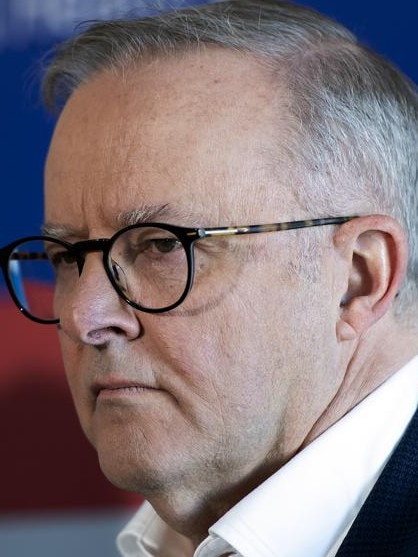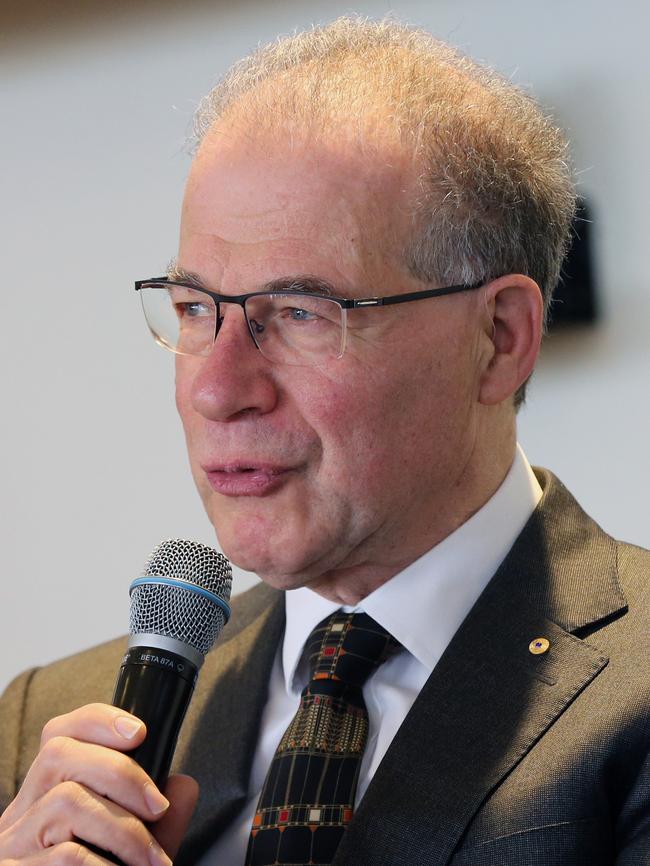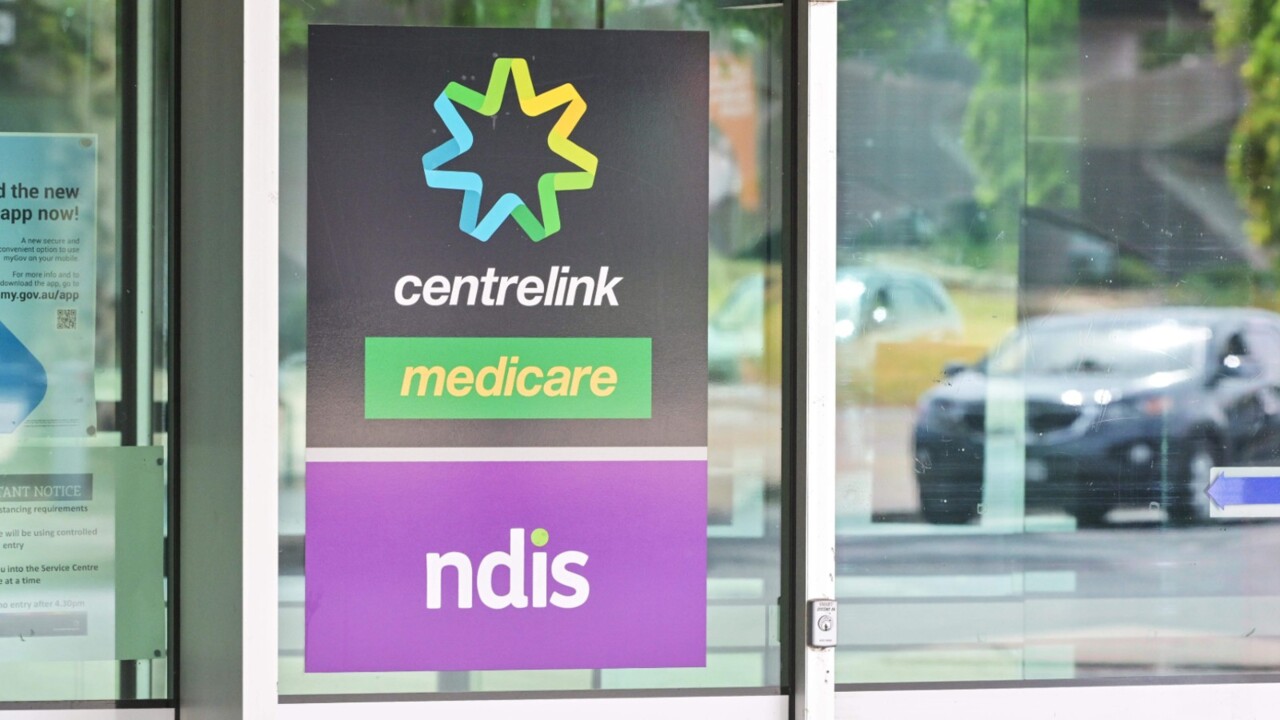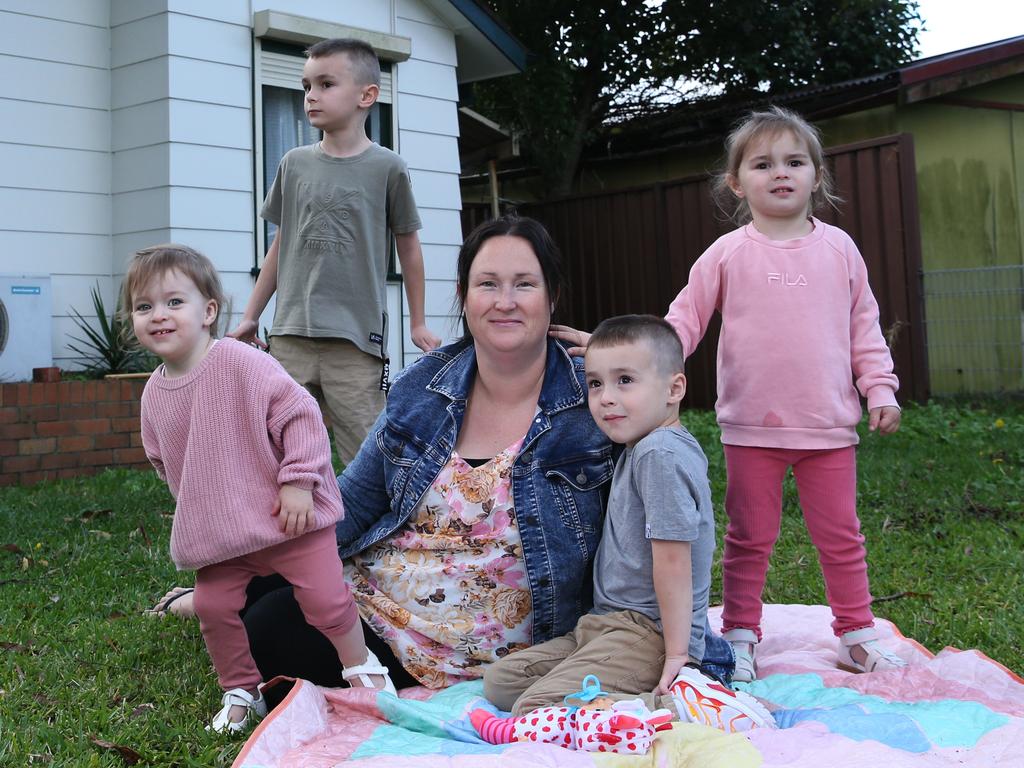States do well on disability aid, says Anthony Albanese
A state-federal stoush over the future of disability funding continues to rumble as the commonwealth tries to push ahead with key NDIS reform legislation.

Anthony Albanese has told the states they are receiving “enormous support” in health and hospital funding under their deal with the commonwealth to provide more disability support outside the NDIS, as the central government looks to push through laws to help bring scheme costs under control.
The Prime Minister has backed his NDIS Minister, Bill Shorten, to negotiate a new disability regime with the states in which more services are provided to people with less significant disabilities outside the scheme, including tens of thousands of children with autism and developmental delay.
The state and territory governments have made a joint submission to a Senate inquiry into the new legislation criticising the government for pushing ahead with NDIS reform when it wasn’t clear what these new “foundational supports” outside the scheme would be.
“To date there has been no decision as to the specific services that will be provided as foundational supports,” the submission said. “For example … it is not clear what the difference … will be for a child with autism who will be applying for NDIS in 2025 versus a child with the same level of need who had applied in early 2024.”
“We are deeply concerned that this way of going about the reform – including through this bill – will lead to worse outcomes for more Australians with disability and their families.”
Disability advocates have also warned against passage of the legislation in its current form, telling the Senate committee an ecosystem of disability supports outside the National Disability Insurance Scheme wasn’t ready.
Mr Albanese said he was confident the new legislation was appropriate. “We’ve … had substantial discussion with the states. We’re providing enormous support for the states with the agreement on the table to advance health and hospital funding … as well as the discussions that are taking place on education funding,” he said.


Mr Shorten said the states were “wrong” in suggesting the new laws risked worse outcomes for people with disability, and said urgent change was needed to keep the scheme, currently costing $46bn a year, sustainable. “People with disability don’t have time to wait,” he said.
“The states are important players and it’s important to consider their ideas … but the presumption that somehow people with disability have got years to wait until some levels of government want to engage in their needs is wrong.”
He said the states had known for more than a year about the need to build more disability support outside the NDIS and had agreed last December to build out these services.
“I think that because they got out of the business of disability services and made everything about the NDIS, they’re trying to rebuild their muscle memory on delivering services.”
The new bill, proposed in March, looks to implement some of the key recommendations of a review into the NDIS, which was charged with improving the experience of participants, currently 646,000 people and rising, and ensuring the scheme was financially sustainable.

Cost projections saw the NDIS heading towards $100bn a year by 2032, prompting state and federal governments to set a cost growth target for the scheme of 8 per cent starting from 2026. Mr Shorten said the scheme can’t sustain the current 20 per cent a year cost growth.
NDIS review co-chair Bruce Bonyhady told the committee the new “foundational supports” outside the NDIS were critical to scheme sustainability.






